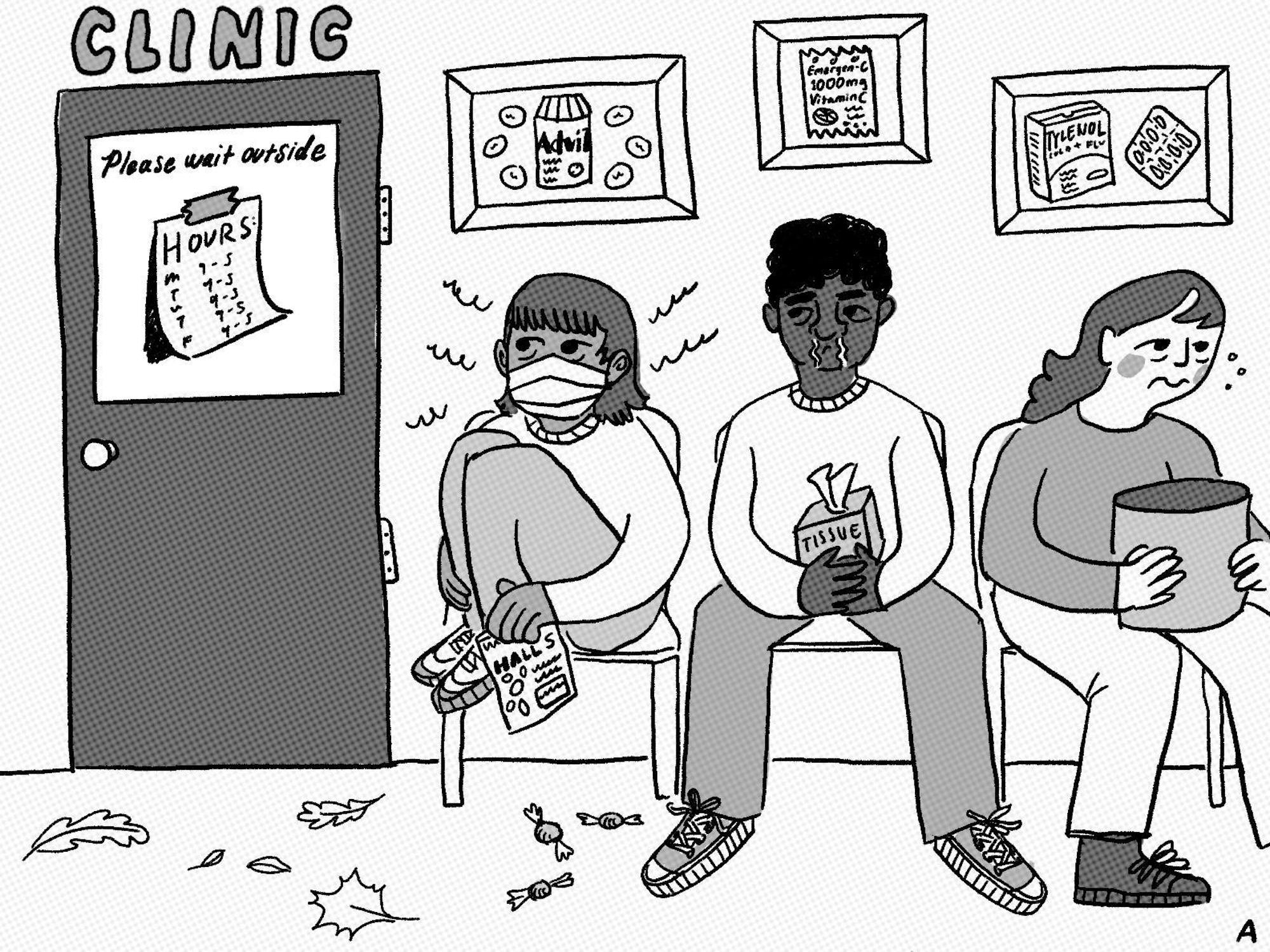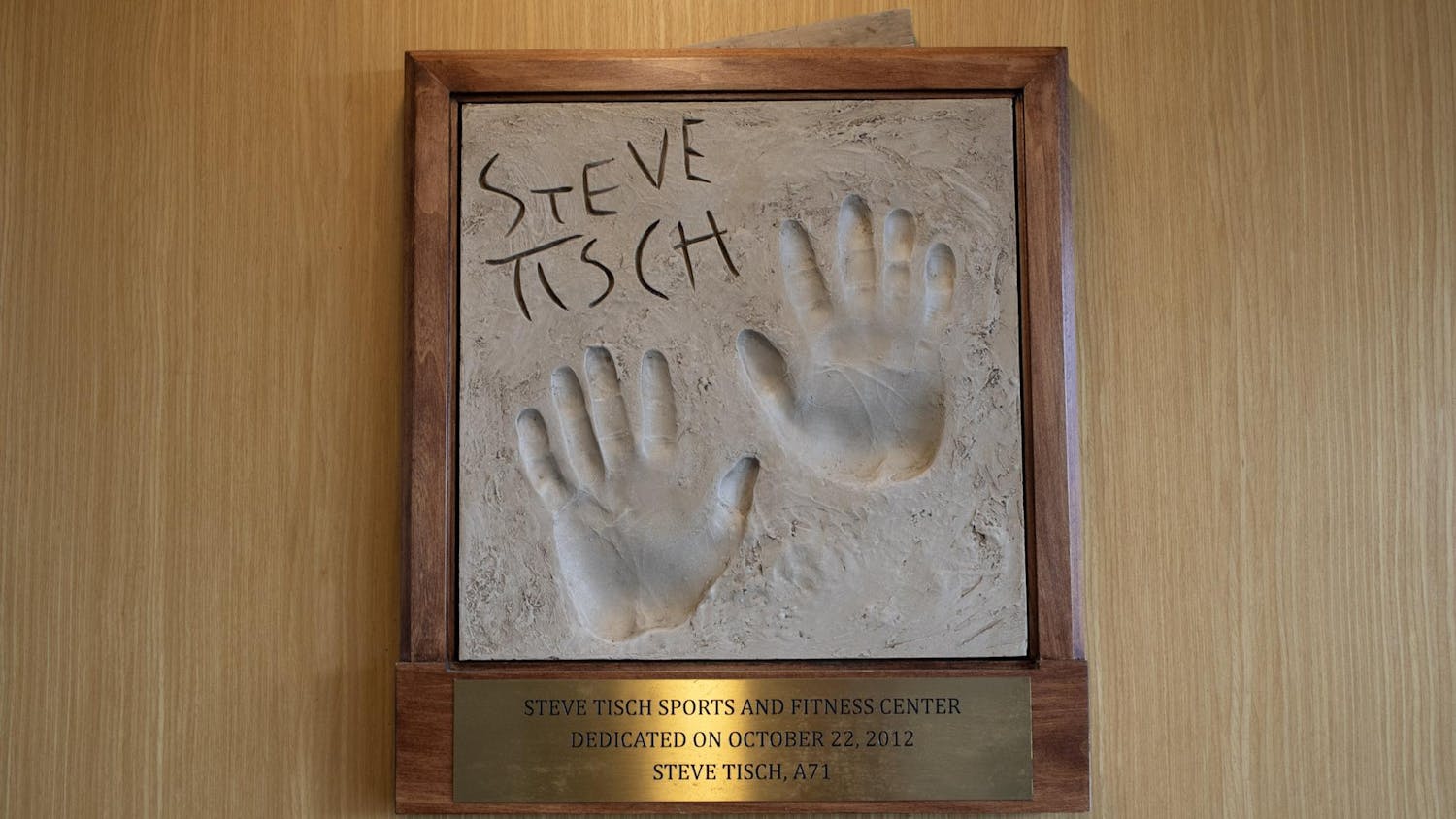Palliative care is a unique sector of medicine that treats patients with terminal diseases. Palliative care physicians have conversations with families to identify patient wishes, particularly when they are facing death. These physicians are equipped with training that emphasizes empathy, comfort and patient autonomy. Freedom of choice during the dying process gives patients the power to reclaim their agency amidst a process rife with uncertainty.
My first interaction with palliative care occurred in the medical wards, treating one of the sickest patients on the service. She was in multi-organ failure, and it was clear that death was knocking, no matter how much medicine we shoved into her veins. Medicine proved futile; the end was near. Our pain medications, like morphine, made it hard for her to breathe. The lack of oxygen slowed her brain, putting her in and out of consciousness. Then, her kidneys and liver failed to excrete the medication in her body, letting our antibiotics reach toxic levels in her bloodstream.
We opened a conversation with her family about transitioning the patient to comfort care — a core tenet of palliative medicine that prioritizes minimizing pain and suffering at the end of life, even if it shortens one’s lifespan. The family was understandably overwhelmed. Given the gravity of the situation and how quickly her health was decompensating, we asked her family, “What would she have wanted us to do?” No one knew.
Taking the time to envision yourself at death’s door is far from a pleasant undertaking. But truthfully, we should be doing it more. Ideally, my patient’s end-of-life wishes should have been discussed years before her admission to the hospital, preferably at an annual wellness visit with her primary care doctor. Family medicine doctors should be experts at end-of-life conversations because having a patient’s wishes in writing makes emergencies less stressful for everyone, especially loved ones.
In Massachusetts, all patients with an advanced illness or medical frailty can fill out a Massachusetts Medical Order for Life-Sustaining Treatment form with their doctors. Opening this dialogue allows for discussion of whether you would like to have a breathing tube, cardiopulmonary resuscitation and artificial nutrition in the event of an emergency. Most importantly, it allows an opportunity for patient education regarding the success of these interventions. Do chest compressions and cardiac defibrillation cause more harm than good in a 98-year-old woman with multiple comorbid conditions? These are important questions that must be explored.
When I reflect on my patient with multi-organ failure and her family, I wonder if we could have done more to reduce her pain, suffering and air hunger in the end. Would she have wanted the aggressive interventions we pursued, or would she have preferred a peaceful, more humane passing? After this experience, I submitted my own legal document regarding my end-of-life wishes to my primary care doctor. I believe it’s important for everyone to have autonomy over their medical treatment, and having the foresight to come up with an end-of-life plan makes it that much easier for medical professionals to treat their patients with the dignity and respect they deserve.






